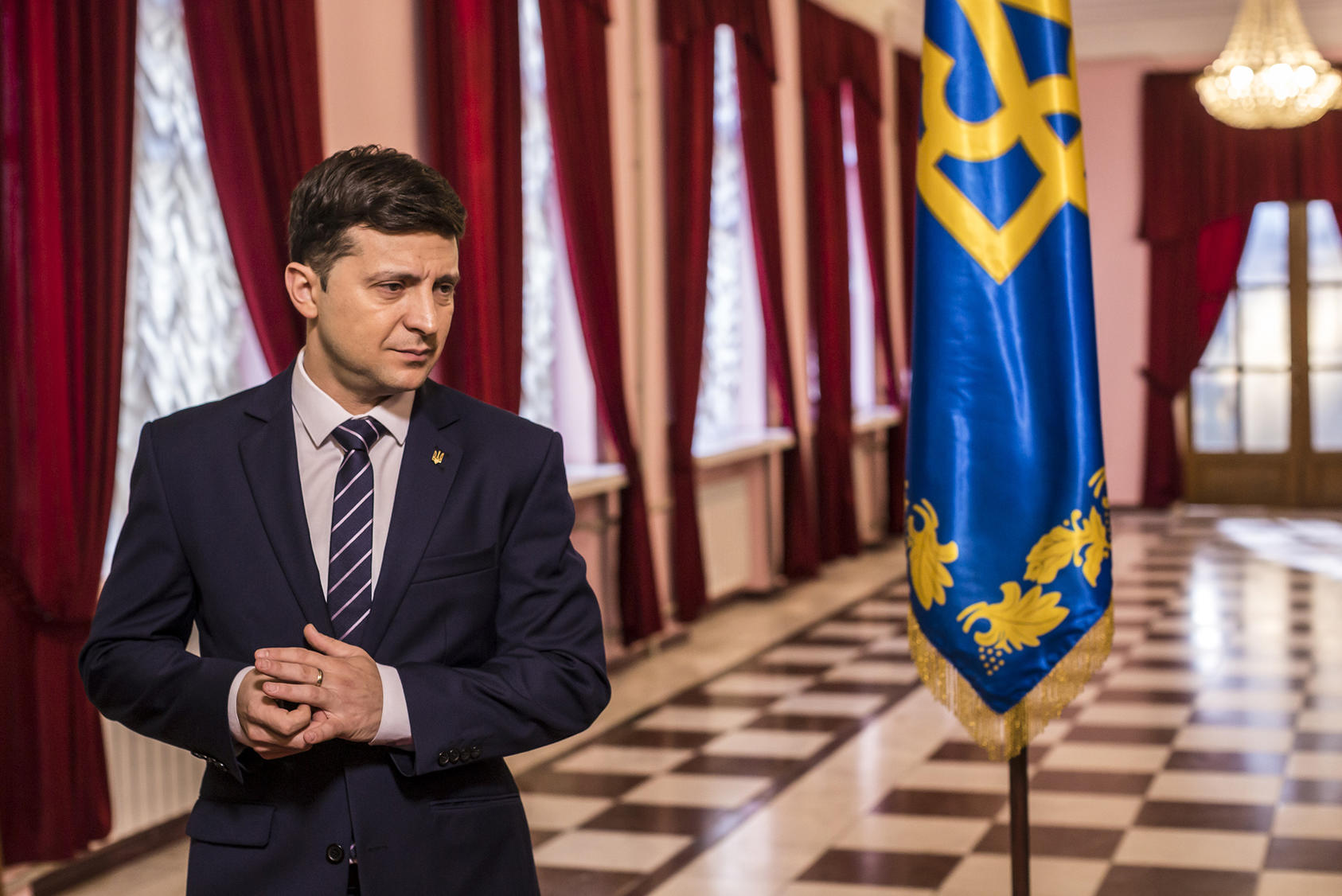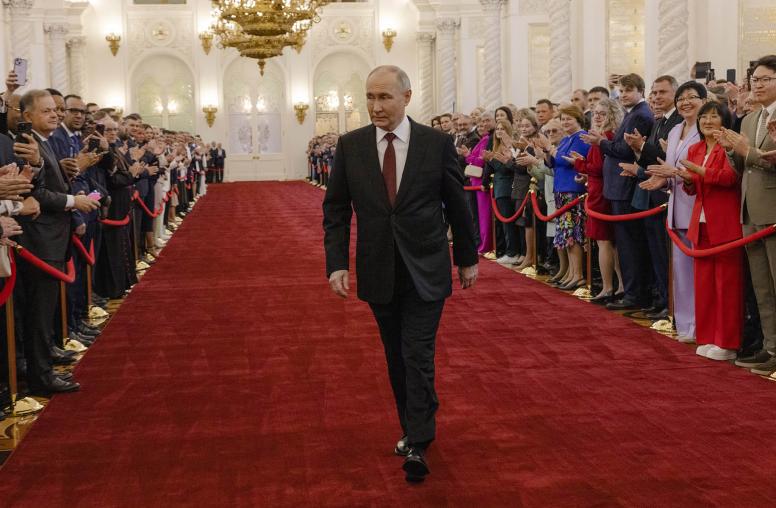Following Ukraine’s first round of presidential voting on Sunday, the country faces a tough, maybe nasty, two-week campaign for the runoff. This second election since the 2014 pro-democracy movement that Ukrainians call their “Revolution of Dignity” reflects significant consolidation of Ukraine’s democracy in the intervening five years. That is no small achievement, given Russia’s continuing interference—especially the war in Ukraine’s Donbas region, which has killed more than 13,000 people in those five years.

Alongside dozens of other international monitors in Ukraine for the election, I found that Sunday’s first-round election was free, but that serious flaws kept it from being fair. Ukrainians were able to cast votes without pressure—and 63 percent of the eligible voters did so, an impressive turnout. The Central Election Commission conducted the poll professionally and without bias, the security services kept order and the election’s conduct generally met international standards.
The flaws in the election’s fairness were noted in monitoring reports from the National Democratic Institute (NDI), in whose delegation I participated, and from the Organization for Security and Cooperation in Europe. Both noted patterns of misuse of state resources on behalf of the incumbent, President Petro Poroshenko, and widespread reports of vote buying, notably on behalf of the campaigns of Poroshenko and former prime minister Yuliya Tymoshenko. Monitors voiced concerns about imbalances of media coverage and access to television. Candidate Volodymyr Zelenskiy is a comedian whose campaign consisted majorly of his continued performances—as a fictional schoolteacher-turned-president on a popular TV series—including on the day before the vote, which by law is supposed to be free of campaigning. News reports reflected a spate of electoral dirty tricks and slanderous accusations, often in social media.
A Reduction in Divisions?
A hopeful sign for democracy is that voting patterns suggested a decline in some old Ukrainian divisions. Ukraine has been stained by anti-Jewish pogroms in its past, and anti-Semitism by extremists. And hardliners have deepened divisions between native Ukrainian-speakers and Russian-speakers. Still, the plurality of votes went to Zelenskiy—a Jewish Russophone whose Ukrainian is his second language.
Candidates who are favorably inclined toward good Ukrainian relations with Europe, the European Union and NATO won 85 percent of the votes. Two Russia-friendly parties together got 15 percent.
Critically, the election was held without violence—the particular concern of the U.S. Institute of Peace, which has monitored this risk and urged steps to reduce it.
Russia’s government, which reflects a view that Ukraine’s independence from Russia is illegitimate, has interfered in Ukraine in myriad ways, but has played little role so far in the election.
The Next Round
The April 21 runoff between Poroshenko and Zelenskiy is likely to focus more on personal issues than on policy. Both are businessmen who earned their millions the old-fashioned way, without charges of corruption. Both have investments in Russia. Poroshenko’s experience in government (Zelenskiy has held no prior office) gives him an advantage in policy debates. Zelenskiy’s preference for the Russian language will also be a disadvantage.
The contest will be in part generational: Poroshenko started his career during Soviet times, while Zelenskiy never worked in the Soviet system.
Poroshenko’s foreign and defense policies are clear: no compromise with the Russians on their incursions in the Donbas region, or on their annexation of Crimea, and no compromise on Ukraine’s right to join the European Union and NATO. Zelenskiy has stuck to generalities, providing almost no details about his policy plans. But he has proposed to sit down with Russia’s President Putin to negotiate an end to the war in Donbas.
The degree to which this election can advance Ukraine’s democratic consolidation will depend partly on the ways that both candidates conduct this final two-week campaign. As the NDI monitoring report urged, they should avoid the nastiness of negative campaigns and disinformation, and focus on the issues and questions posed by voters. Election bodies and Ukraine’s technology companies should step up monitoring and prevention of election-related abuses.



